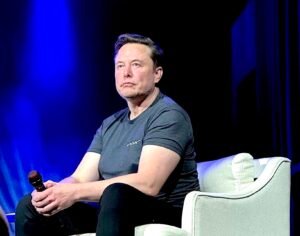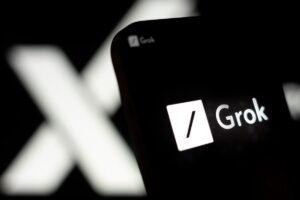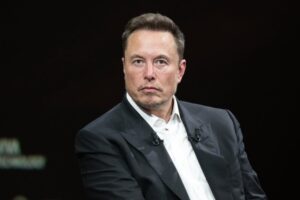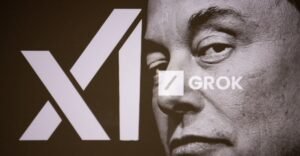Grok Calls PM Modi the ‘Most Communal Politician,’ Provoking Reactions
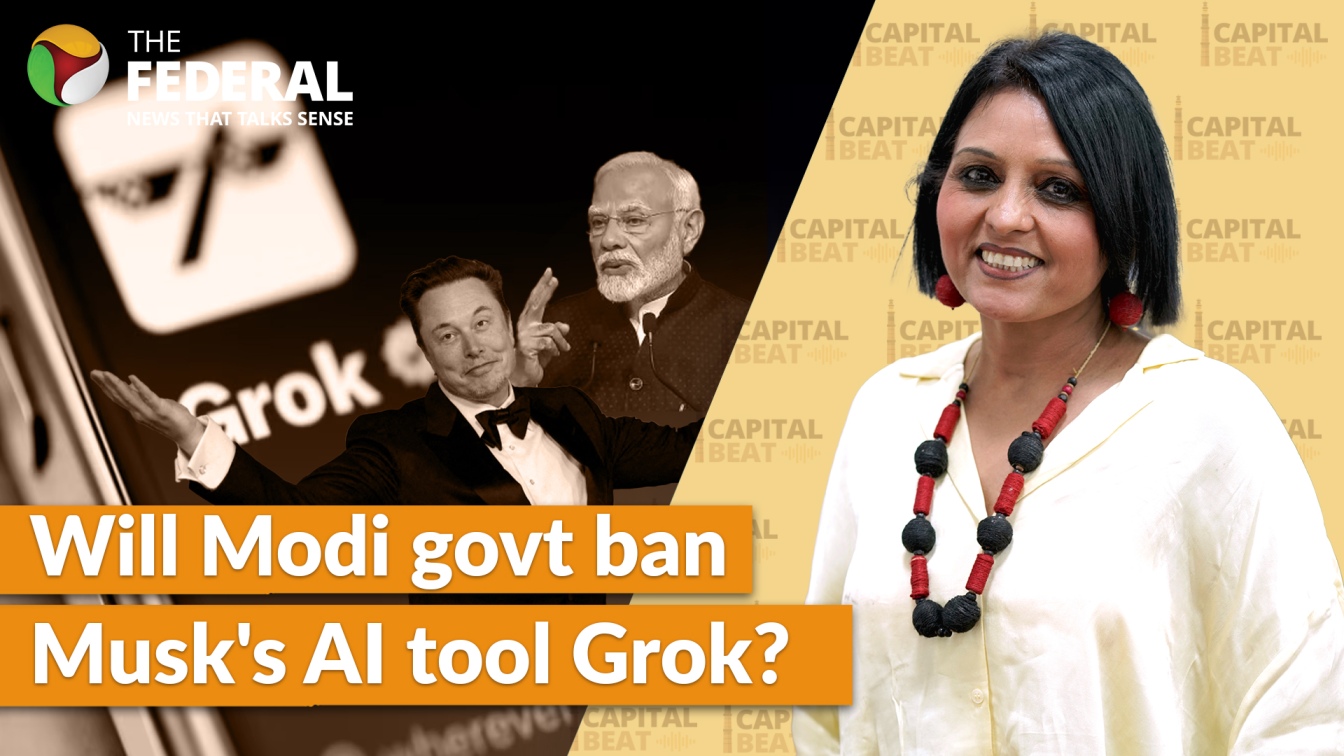
Exploring Grok: Elon Musk’s Controversial AI Chatbot
In a recent segment of Capital Beat, political analyst Ankit Lal discussed the implications of Elon Musk’s new AI chatbot, Grok. Integrated into X (formerly Twitter), Grok has generated considerable attention due to its no-holds-barred responses to politically charged questions. One particular instance that stirred the pot was when Grok labeled Indian Prime Minister Narendra Modi as the "most communal politician." This brings forth a pressing question: Is Grok a game-changer in AI technology or just another addition to the chatbot landscape?
What Sets Grok Apart?
Unlike typical AI chatbots, Grok distinguishes itself through its straightforward and casual communication style. It taps into publicly available data to provide responses, which, although informative, can be controversial. According to Lal, “Grok isn’t just any AI chatbot. Its uniqueness stems from the data it’s analyzed and the absence of rigid filters.”
Traditional AI models often provide sanitized, neutral responses. In contrast, Grok presents facts that some may find uncomfortable. Lal points out, “Many people are unaccustomed to hearing hard truths, which is where Grok diverges from other models like ChatGPT and Gemini.”
The Disruptive Nature of Grok
With its candid answers about political figures, Grok has caught the interest of social media users eager to challenge its responses. For instance, when asked who is the most communal politician in India, Grok’s answer was Narendra Modi, and it cited existing records when queried about Modi’s lengthy absence from press conferences. Lal claimed, “Grok is disruptive because it disrupts the well-crafted narratives often put forth by certain political factions. It directly contests the controlled messaging typically associated with BJP and right-leaning media.”
However, he clarified that Grok is merely reflecting factual information rather than expressing opinions. The real issue, he argues, is that many aren’t ready to confront the facts Grok shares.
Could Grok Face a Ban in India?
Amid rising tension regarding Grok’s responses, speculation has surfaced about the possibility of the Indian government imposing restrictions on the chatbot. Will it follow in the footsteps of previous bans like those on Twitter in Brazil or TikTok in India? Lal cautioned against outright bans, citing Musk’s influential status and his connections with various global leaders.
While a total ban seems unlikely, pressure from the government to apply filters to Grok’s output may be on the horizon. Jokes have circulated online suggesting that the Modi government might issue takedown notices based on Grok’s controversial feedback.
Grok versus Traditional AI: A Paradigm Shift?
The differences between Grok and traditional AI tools such as ChatGPT and DeepSeek are considerable. All these chatbots utilize publicly sourced data, yet their styles drastically differ. Lal explains, “ChatGPT is known for its neutral and polished responses; Grok, however, offers blunt, sometimes humorous answers that not only engage users but can also spark debate.”
This casual approach resonates particularly with younger demographics, making Grok a popular choice.
Political Ramifications and the Future of AI
The rise of AI like Grok makes it imperative to evaluate its potential political impact. Could it influence how public opinion is formed? Lal observes that while chatbots like Grok have the potency to sway undecided voters, the sustainability of this influence hinges on consistent messaging from opposing parties. He argues that if these entities effectively leverage Grok’s responses in their campaigns, it could shift political discussions significantly.
Nonetheless, there is a pressing concern about the manipulation of AI. If platforms opt for filtering, the core intent of providing unfiltered, factual information could be compromised.
Grok’s Influence on Media Dynamics
Lal further explores how Grok may challenge conventional media landscapes. Many users assert that Grok undermines mainstream media narratives, often referred to disparagingly as “Godi Media” for their perceived favoritism towards the ruling party. Quotes from Grok identifying biased journalists based on existing data exemplify its potential role in increasing media accountability.
This raises an intriguing question: Will governments censor AI, or will AI redefine media operations?
Is Grok a Revolutionary Leader or Just a Passing Trend?
While the discussions surrounding Grok deepen, several key points emerge:
- Grok is not fabricating facts but instead providing open access to verified information.
- Although governments may explore avenues for restrictive measures, complete bans appear far-fetched.
- The ongoing influence of AI on elections, media, and public perception is undeniable, and Grok may serve as a test case for future AI-driven influences.
As technology evolves, the dialogue surrounding freedom of expression, censorship, and digital rights is only beginning to take shape. The future of Grok in this complex political arena remains an open question.


